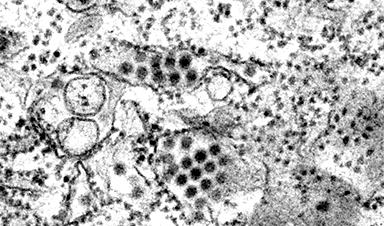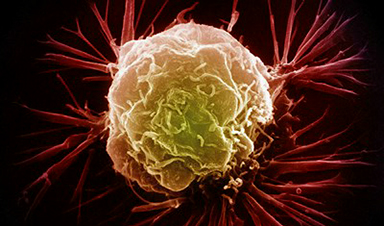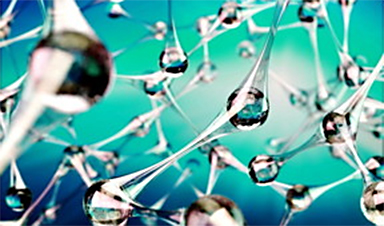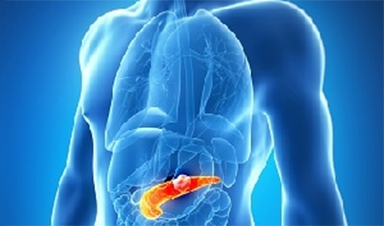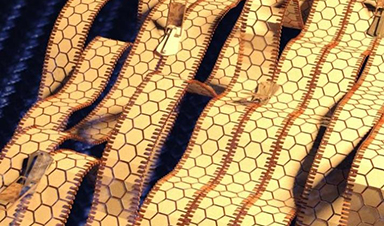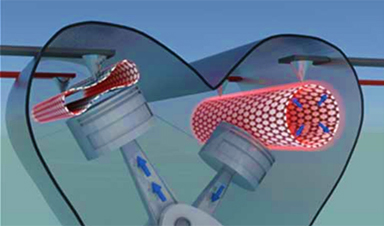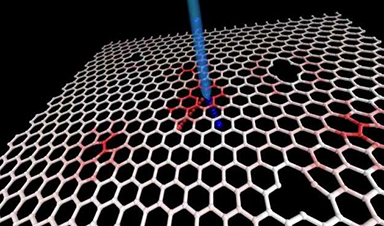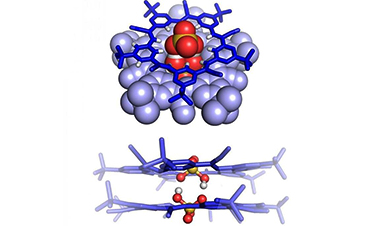Lab Mice Successfully Vaccinated Against Dengue Fever Using Nanoparticle
From AZoNano: Annually, dengue fever affects over 350 million people in more than 120 countries. The symptoms can range from a skin rash and achy muscles to critical hemorrhagic fever. Scientists have found it challenging to develop effective vaccines to fight the dengue virus, partially due to the four distinct serotypes, or strains that cause [...]
